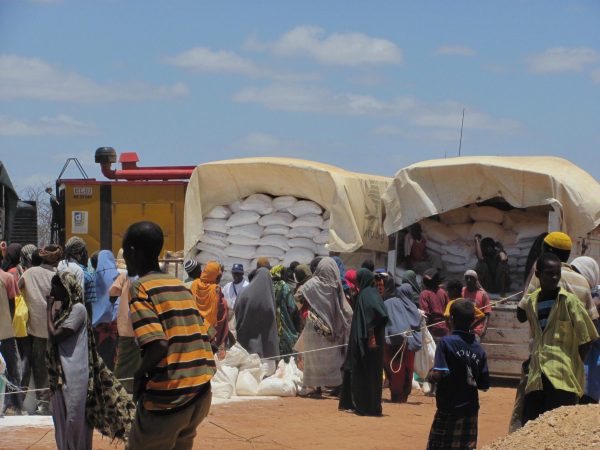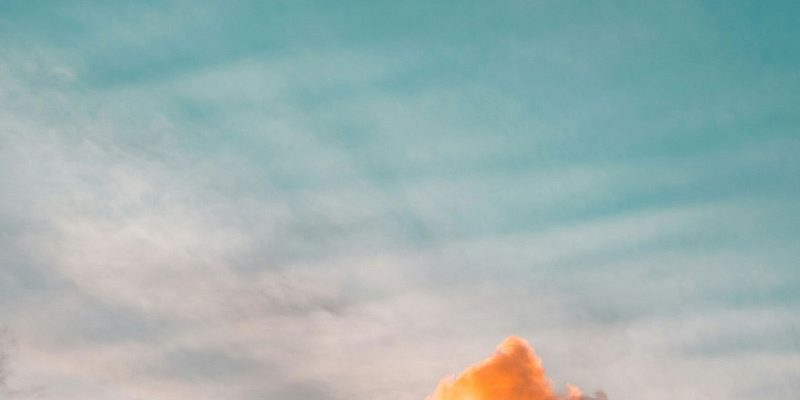Conjuring a mental image of engineers, it’s easy for our minds to immediately picture bridges and skyscrapers – or even sleek technology! But for Dani Brunton, Senior Project Manager at Sequana, and a mechanical engineer with a passion for humanitarian work, engineering is so much more than structures and machines. It’s about changing lives—one water project at a time.
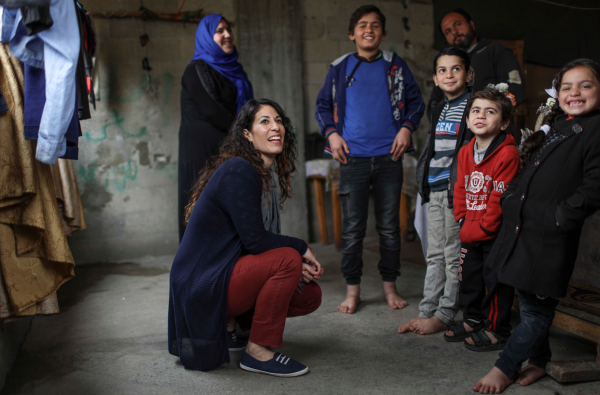
Admittedly, Dani never set out to become a water engineer, much less one who would work in far-flung corners of the world. Her initial inspiration to pursue mechanical engineering was rooted in something deeply personal – she wanted to prove a point.
“I chose to study mechanical engineering at university, which was largely driven by a desire to prove that women could excel in this field, which was very rare at the time,” she said.
In an industry where female engineers were few and far between, she wanted to demonstrate that gender should never be a barrier to achievement.
However, as time passed, she realised that proving herself wasn’t enough to sustain her passion. She needed something more, something that aligned with her values and desire to create a meaningful impact. The shift in motivation came as she began to explore what she really wanted from her career, “I realised I wanted to use my skills to make a positive impact on people’s lives,” she recalls. The next chapter of her career was inspired by a sense of purpose – to bring clean, safe water to communities and countries that desperately needed it.
Her choice to focus on water engineering in the humanitarian sector was both practical and deeply compassionate, after all, water is the foundation of life, and for many people around the world, access to clean water isn’t just about convenience; it’s the difference between life and death.
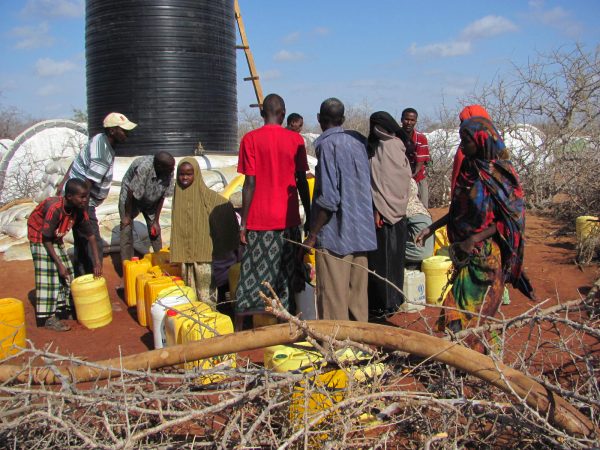
It was never going to be an easy journey; the humanitarian sector is full of complex challenges. However, when reflecting on all of her experiences, one particularly stands out, testing Dani’s resilience and ingenuity. As part of a team tasked with supplying water to a refugee camp that housed 500,000 people, the scale of the project was already massive. The situation quickly escalated into a full-blown crisis.
“We were still building the water infrastructure – drilling boreholes and running pipelines – when there was a cholera outbreak,” Dani recalls. Further adding to the complexity, two humanitarian workers were kidnapped from the camp, forcing the team to reevaluate how they could continue operations. “The kidnapping meant we could no longer access the camps, so we needed to work out how to provide water and health facilities to the camp through remote operations,” she says.
This situation was more than just a logistical nightmare; it was a reminder of how essential water is to survival. “The challenges were immense, and I’ve never been more aware that water means life,” she reflects.
Despite the obstacles, her team found ways to remotely manage the water supply, working tirelessly to prevent the outbreak from spiralling out of control.
The project left a lasting impression on Dani: it wasn’t just about the technical skills she had honed as an engineer – it was about perseverance, creativity, and the responsibility she had in protecting the lives of some of the world’s most vulnerable people.
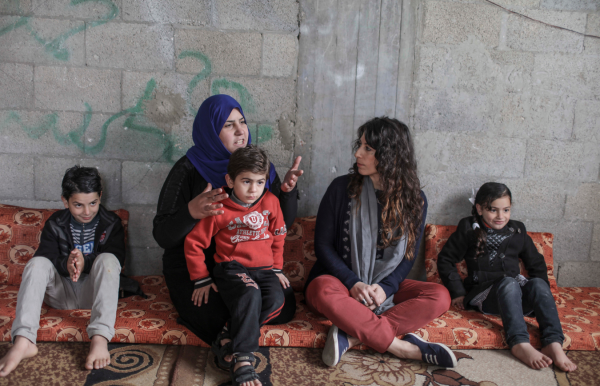
After years of working in challenging and often dangerous environments, Dani gained invaluable insights into what it takes to succeed, parlaying her learnings from the humanitarian sector into her everyday ethos. One of the most important lessons she’s learned is that technical knowledge alone isn’t enough to create real impact.
“Technical knowledge will only get you part of the way. Relationships and patience are the ultimate secret to success.”
In a field where resources are often limited, and the stakes are incredibly high, strong relationships are critical. Whether it’s collaborating with colleagues, local communities, or governments, fostering trust and understanding can mean the difference between success and failure. And in many cases, patience is required.
One of the key components of Dani’s work has been forming partnerships with local communities and governments.
“When you’re a guest in someone else’s country, partnerships with local communities and government are more important than ever. The key to successful partnerships is respect, humility, and always seeking to find a solution that benefits all parties.” A lesson that works in every scenario.
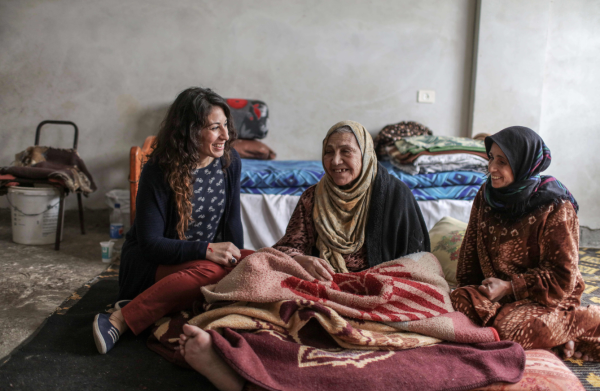
This approach has guided her through many projects, from small rural villages to large refugee camps. It’s a reminder that bringing the human element to your work is what truly makes a difference.
As Dani reflects on her career thus far, it’s clear that her contributions go far beyond engineering. Through her work, she has not only provided clean water to countless communities but also demonstrated the power of determination, compassion, and collaboration – skills that she now brings to her role at Sequana. From refugee camps to rural villages, she has brought hope to some of the world’s most desperate situations, with her work reminding us that sometimes, the greatest impact we can have is not just in what we build, but in the lives we touch along the way.
